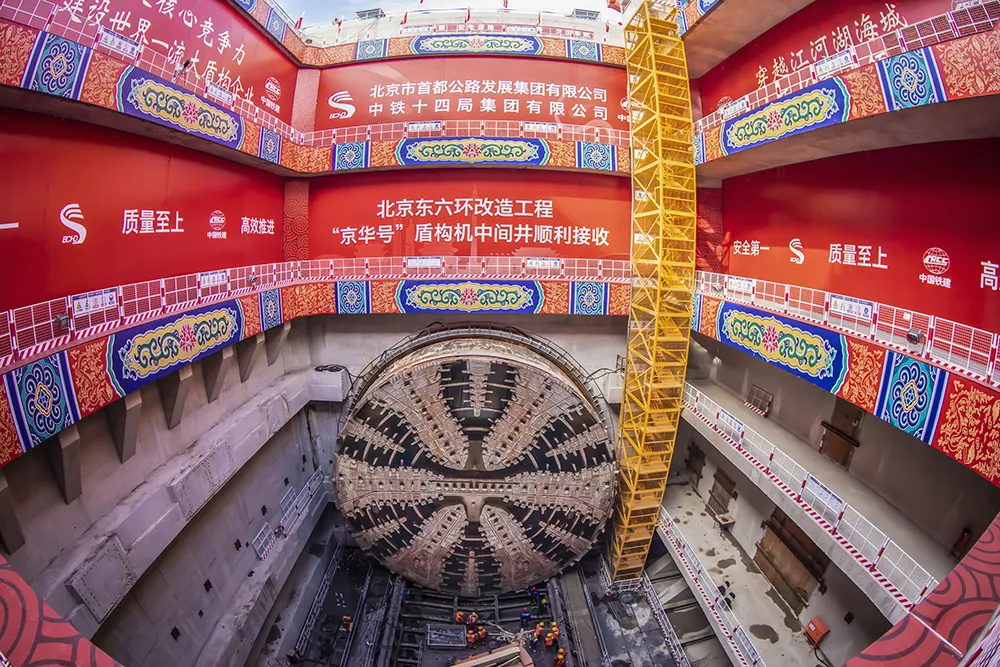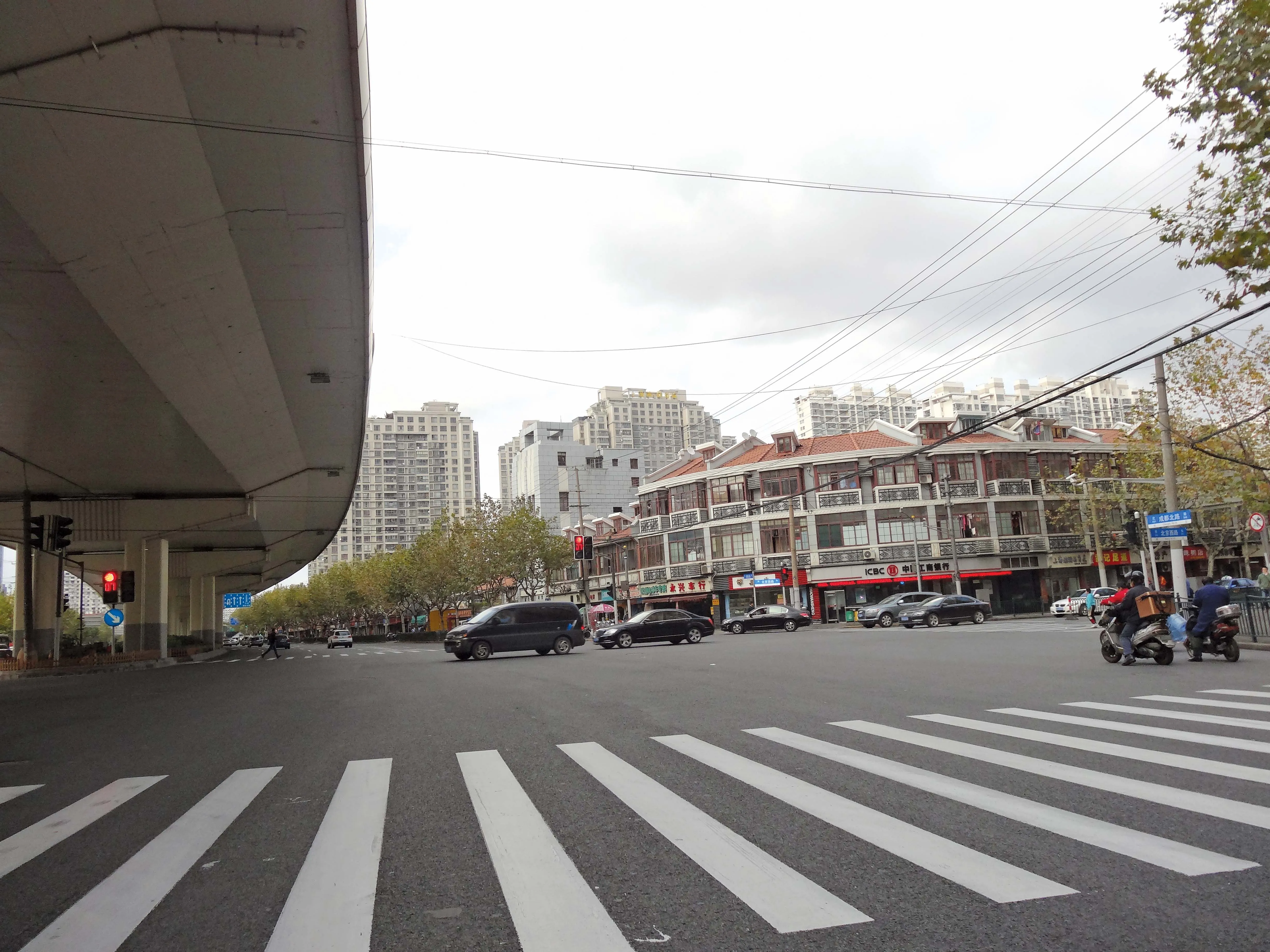Developments in super-capacitors will see these replacing batteries in applications such as hybrid vehicles and electric vehicles. New generation super-capacitors are said to be more reliable, less costly, less affected by temperature variance and also safer. Super-capacitors have been recognised for their high power density, long lifetime and low internal resistance, and they can be constructed from commonly available, low cost materials.
In the recently updated IDTechEx report "Supercapacitor/ Ultracap
January 20, 2014
Read time: 2 mins
Developments in super-capacitors will see these replacing batteries in applications such as hybrid vehicles and electric vehicles. New generation super-capacitors are said to be more reliable, less costly, less affected by temperature variance and also safer. Super-capacitors have been recognised for their high power density, long lifetime and low internal resistance, and they can be constructed from commonly available, low cost materials.
In the recently updated IDTechEx report "Supercapacitor/ Ultracapacitor Interviews, Strategies, Road Map 2014-2024" www.idtechex.com/superApps, the IDTechEx roadmap has graphene active electrodes promising up to 200 Wh/kg, ahead of current lithium-ion batteries. Super-capacitors and their derivatives super-cabatteries (asymmetric electrochemical double layer capacitors AEDLC), particularly the lithium-ion capacitor versions, are widening in application.
The reports says that the European electric vehicle industry is weakened by having to import lithium-ion batteries from Japan, China and Korea to get the best price/performance for mass markets. However, Europe could also stay weak in super-capacitors, as investors are failing to see that super-capacitors are increasingly key enabling components for EVs and other applications. There are exceptions such as Maxwell Technologies, which has used super-capacitors in pure electric buses in China. WIMA of Germany has sold huge water-cooled, energy harvesting super-capacitors to2300 Komatsu for use in construction machines. But Europe continues to be a net importer of super-capacitors.
In the recently updated IDTechEx report "Supercapacitor/ Ultracapacitor Interviews, Strategies, Road Map 2014-2024" www.idtechex.com/superApps, the IDTechEx roadmap has graphene active electrodes promising up to 200 Wh/kg, ahead of current lithium-ion batteries. Super-capacitors and their derivatives super-cabatteries (asymmetric electrochemical double layer capacitors AEDLC), particularly the lithium-ion capacitor versions, are widening in application.
The reports says that the European electric vehicle industry is weakened by having to import lithium-ion batteries from Japan, China and Korea to get the best price/performance for mass markets. However, Europe could also stay weak in super-capacitors, as investors are failing to see that super-capacitors are increasingly key enabling components for EVs and other applications. There are exceptions such as Maxwell Technologies, which has used super-capacitors in pure electric buses in China. WIMA of Germany has sold huge water-cooled, energy harvesting super-capacitors to









